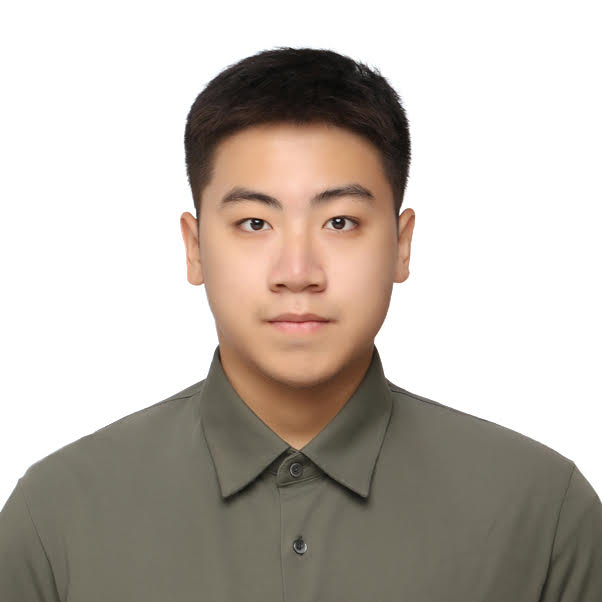
For many students, the path to a graduate degree is a journey of self-discovery, and for Yiding Zhang, his journey has been one of academic evolution and unexpected passions. His master’s thesis, “A Computational Model of Caenorhabditis elegans Locomotion” focused on the computational modeling of Caenorhabditis elegans (C. elegans), a tiny, transparent roundworm with fascinating locomotion capabilities.
“My thesis is on modeling the movement of C. elegans in fluid environments,” Zhang explains. “It’s a worm, about 1mm long and 0.08mm in diameter, and it can swim and crawl using different gaits. Both of these gaits involve sinusoidal waves that propagate from the head to the tail. What’s interesting is that C. elegans has the ability to adapt its movement patterns depending on its surroundings. My goal was to develop a model that accounts for the complexity of these movements.”
Zhang’s work stemmed from years of research on C. elegans, a species widely studied in genetic, genomic, and neuroscience research. However, previous computational models had simplified the worm’s complex motions into a perfect sinusoidal wave. “What I discovered, and what I focused on in my research, is that the worm actually forms C-like shapes at certain points in its movement cycle, rather than sticking to just sinusoidal patterns,” he says.
His journey into this field was sparked by a class—MEAM 5270: Finite Element Analysis—which introduced him to the power of numerical methods. “The class really opened my eyes to finite element analysis, and I started to see its potential for research. After speaking with Dr. Howard Hu, my thesis advisor, I discovered there were unresolved topics from a previous thesis on C. elegans, and we decided to pursue this research together. It was the perfect intersection of my interests and skills,” Zhang says. “None of this would have been possible without the guidance and mentorship from Dr. Hu, who was instrumental in helping me shape my project.”
Though many students opt not to pursue a thesis during their master’s, he saw it as an essential step toward his long-term goals. “From the start, my goal was to pursue a Ph.D.,” he explains. “But coming from an undergraduate background focused mainly on coursework, I didn’t have much research experience. I wasn’t sure whether I’d enjoy graduate-level research, so the master’s thesis was a chance to explore that while also preparing me for a future Ph.D. program.”
Reflecting on his time at Penn, he recalls several defining moments. “Getting admitted to the Ph.D. program was a huge milestone. Being nominated for the Outstanding Academic Award by Dr. Hu and the department was incredibly rewarding. But of course, the most memorable moment was defending my thesis successfully.” These experiences, along with the knowledge and skills gained throughout his master’s, have equipped him for the challenges that lie ahead.
Looking forward, he is excited about the next phase of his academic career. Starting in the Fall, Zhang will join Assistant Professor George Park‘s group as a full-time Ph.D. student. “I’ll be working on turbulent flows using Wall-modeled Large Eddy Simulations,” he says. “I’m looking forward to diving deeper into this field and continuing my journey in research.”
